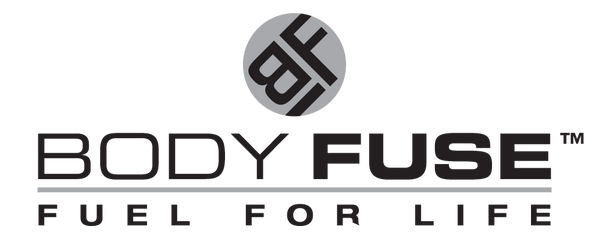Taking care of your body can be one of the easiest or hardest things for an athlete to do. Most days you feel great and have endless energy. However, with the increase in intensity, training frequency, sports specialization, and participation in year round athletics and intense fitness programs, athletes are finding themselves more rundown than ever. This is where sports recovery comes in and can help athletes perform as close to 100% as possible. Here are three main areas of sports recovery that will help all athletes perform at peak performance: nutrition, physiological recovery, and sleep.
Nutrition
The key thing for athletes to remember with their nutrition is to replace what is lost during participation. Then intake the necessary nutrients for rebuilding and recovering.
Hydration is key post athletic participation. General guidelines state that within two hours of participation replace any weight loss from exertion. It is recommended to intake 20-24 ounces of water per pound lost. The day following intense athletic participation, athletes should intake ⅔ their body weight plus 12 ounces of water for every 30 minutes of athletic participation. This volume of water should be spread out over several hours, not consumed all at once. Body Fuse BCAA 3:1:1 is a great way to support increased hydration, reduce muscle tissue break down and allow for faster recovery times after a hard workout.
Post workout food intake should focus on replacing glycogen stores lost and protein intake for rebuilding. Eating 20-40 grams of quality lean protein post workout can jumpstart the rebuilding process that occurs to repair the normal microdamage to muscles post-workout/ athletic participation. The body is most receptive to carbohydrates and protein in the first 30 minutes post workout. This can be a simple snack or a meal. Body Fuse Lean Protein provides 30 g of protein per serving and is highly digestible. Being consistent with this routine can lead to a reduction in micro-tearing that leads to a lot of common overuse injuries.
Physiological Recovery
One of the hardest things for athletes to do is properly cool down post-workout/ participation. You’ve just given your all and who wants to spend 10-15 minutes going through a routine that involves stretching and some dynamic exercises? This is key for reducing the amount of muscle fatigue and soreness that athletes experience. Athletes should perform mild to moderate aerobic exercise (jogging, dynamic agilities) for 5 minutes. Then another 5-10 minutes of a combination of dynamic and static long hold stretching. Be sure to target areas of soreness and general whole body work. Stretching should NOT elicit a sharp pain response. Athletes should feel a general sore type of pain over the area being stretched.
Sometimes athletes can feel like their legs are dead, they overall are dragging, or just can’t perform at the same level they have been. This is definitely a sign of doing too much. When this happens you can do a recovery program that can reduce this feeling. One recovery program is to use a combination of contrast bath, yoga style stretching, and foam rolling. Contrast bath is a combination of hot whirlpool and cold whirlpool. Athletes alternate between hot and cold for 15 minutes finishing in the hot whirlpool. Then perform 15-20 minutes of yoga stretching focusing on whole body poses that feature lower body stretch with active core engagement.
Foam rolling can be super effective and simple. Roll out over tight areas for 1-3 minutes. Focus on general areas (i.e. quadriceps, hamstrings, calves, back). Rolling might cause some discomfort but should not be painful.
Sleep
Getting the recommended amount of sleep at night might be the hardest of these 3 steps to accomplish. We all know that the average athlete, especially younger (teenage) athletes, has more on their plate now than ever before. Distractions are almost unlimited these days. Work and home life demands, social media, all prevent some athletes from hitting the recommended amount of sleep per night. Studies have proven that athletes who receive 9-10 hours of sleep per night not only report feeling more energized and fresh for sports but in school as well. Well rested student athletes achieve at higher rates as well. Body Fuse Midnight Burn and Zen are two effective sleep aids to help increase quantity and quality of sleep every night.
It may not be easy but if you can follow these guidelines for sports recovery you can be assured that you are doing everything you can to prepare your body for the rigors of athletic competition now and years to come.



